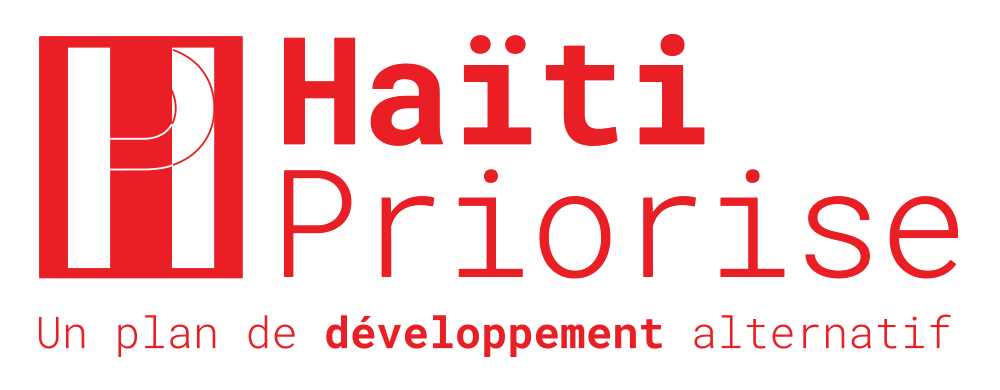Haïti Priorise: Public Service, Serent
The Problem
The improvement of public services continues to represent a challenge for Haiti. Many proposals have been made in the last ten years to make the public sector more effective. These include the establishment of the National Commission for Administrative Reform (CNRA) and the Superior Council for Public Administration and Civil Service (CSAPFP), the creation of the Human Resource Management Office (OMRH), and the launch in May 2012 of a program to improve public services.
In spite of these efforts, public services remain in a critical state, illustrated by the series of strikes in the biggest public hospital and by public school teachers, the difficulties involved in getting a passport, and the amount of red tape involved in clearing customs for imported goods.
Solutions
- Raising salaries in the public service
- Performance-based pay
Summary Table of BCR
| Interventions | Benefit (HTG) | Cost (HTG) | Cost-Benefit Ratio |
|---|---|---|---|
| Raising Salaries | 3.25 billion gourdes | 3.25 billion gourdes | 1 |
| Performance-based pay program | 1.33 billion gourdes | 4.76 billion gourdes | 3.56 |
Costs, Benefits and BCRs
Raising salaries in the public service
A policy to increase salaries in the public service by 10%, particularly to align salaries in different public institutions. All findings indicate that in Haiti, salary is the most important motivating factor. This is in spite of the fact that in the World Economic Forum’s global competitiveness report for 2015, Haiti is number 119 with a score of 3.3 amongst countries where salary is tied to worker productivity.
Costs
Implementing a policy is subject to direct costs linked to the salary percentage increase. With a 10% increase and a total payroll of 32.5 billion gourdes, the total cost of implementing such a policy would be 3.25 billion gourdes.
Benefits
While some studies have shown that raising salaries in the public sector generally doesn’t have a real impact on productivity, others find that raising salaries has a positive impact on worker productivity and on the economy. In addition to increasing productivity and improving public services, a raise in salaries might:
- Promote better allocation of budget resources
- Increase pay equity
- Implement a compensation system to motivate civil service officers and attract better human resources to the public sector
Given that the median effect of three case studies considered is null and the costs of raising salaries are equal to the benefits, and based on a study in Mexico, the benefits of a raise in salaries in the civil service are found to be equal to the costs.
Performance-based pay
Use performance indicators to measure government employees’ performance, and benefits (namely bonuses) for better results.
Many studies have shown that the implementation of performance-based pay can increase employees’ level of effort in specific organizational contexts, particularly in jobs where output can easily be measured (“craft jobs”).
Given the complexity in measuring performance in the public sector, this intervention targets specific areas of the public sector that provide proximity services, or ‘craft jobs’, where services are much more measurable and easier to observe.
Costs
Information is taken from a 1999 pilot project by USAID which introduced a performance-based financing program to increase health coverage and improve health services in Haiti.
Using the data from this project, the annual incentive payments as a percentage of the total cost (4%) of government spending in Haiti as a percentage of the 2018 GDP (27%), and the percentage (30%) of government spending on operational costs, the total cost of performance-based pay program would be 4.7 billion gourdes.
Benefits
USAID and MSH’s experience in Haiti’s health sector in the 1990s shows that a performance-based pay program can have significant impacts on the reduction of poverty and on human development.
The results indicate that primary care services increased by 87% over 3 years, thanks to incentives and additional support.
This is consistent with other assessments of performance based financing programs in countries like Rwanda and the Democratic Republic of Congo.
Based on this data, the total benefits for a pay-based performance program in the civil service would be 1.3 billion gourdes.

